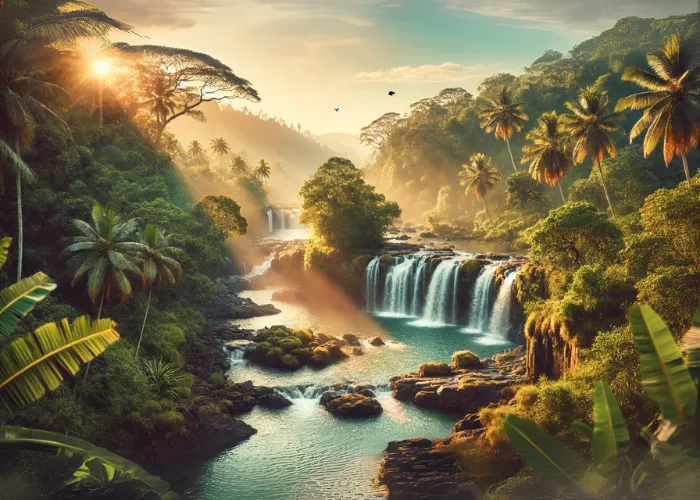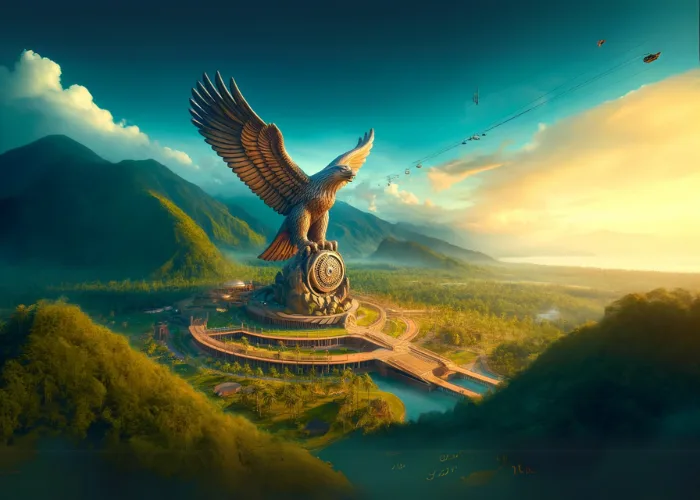Government Museum Chennai
Are you fascinated by history and the heritage of the places you visit? If so, you cannot miss the Government Museum Chennai, one of the oldest and most extensive museums in India. This article will take you on a virtual tour of this iconic museum, exploring its history, collections, and significance for Indian culture and art.
The Origins of the Government Museum Chennai
The Government Museum Chennai, formerly known as the Madras Museum, was established in 1851 by the East India Company, with the aim of preserving and showcasing the rich cultural and scientific heritage of the region. The museum was initially located in a building within the College of Fort St. George, but it soon outgrew its space and was shifted to its current location in Egmore in 1854.
The Architecture and Layout of the Museum
The Government Museum Chennai is housed in a sprawling complex that covers an area of 16.25 acres. The main building of the museum is a masterpiece of Indo-Saracenic architecture, blending elements of Hindu, Muslim, and British styles. The building was designed by the British architect Henry Irwin and completed in 1896. It features a central dome and four wings, each dedicated to a particular collection.
The Collections of the Government Museum Chennai
The Government Museum Chennai boasts an impressive collection of artifacts, spanning diverse fields such as archaeology, art, zoology, geology, and botany. Some of the highlights of the museum's collections are:
Archaeological Collection
The museum's archaeological collection comprises artifacts from the Indus Valley Civilization, the Chola and Pallava dynasties, and other ancient sites in South India. It includes sculptures, inscriptions, pottery, coins, and tools, providing a glimpse into the lives, beliefs, and customs of the past civilizations.
Bronze Gallery
The Bronze Gallery is one of the most popular sections of the museum, showcasing exquisite bronze sculptures from the Chola period (9th-13th century). These sculptures are renowned for their intricate details, expressive forms, and spiritual themes.
National Art Gallery
The National Art Gallery is a treasure trove of Indian art, housing a vast collection of paintings, miniatures, and textiles from different regions and periods. The gallery features works by famous artists such as Raja Ravi Varma, Abanindranath Tagore, and Nandalal Bose, as well as folk and tribal art from various states.
Zoology and Botany Sections
The zoology and botany sections of the museum offer insights into the rich biodiversity of the Indian subcontinent. They display specimens of animals, birds, insects, and plants, as well as models and dioramas illustrating their habitats and behavior.
The Significance of the Government Museum Chennai
The Government Museum Chennai is not just a repository of artifacts but a living testament to the cultural, scientific, and artistic heritage of India. It serves as a bridge between the past and the present, educating and inspiring visitors of all ages and backgrounds. Moreover, the museum plays a crucial role in the preservation and conservation of the country's priceless heritage, promoting research, scholarship, and public awareness.
Visiting the Government Museum Chennai
If you are planning to visit the Government Museum Chennai, here are some tips to make the most of your experience:
- The museum is open from 9:30 am to 5:00 pm on all days except Fridays and national holidays.
- The entry fee is Rs. 20 for Indian citizens and Rs. 720 for foreign nationals. However, students and school groups can avail of discounted rates.
- Photography is allowed inside the museum, but flash and tripods are not permitted.
- It is advisable to allocate at least
- It is advisable to allocate at least half a day to explore the museum's collections thoroughly.
- Audio guides and guided tours are available for a nominal fee and can enhance your understanding of the exhibits.
- The museum has a cafeteria and a gift shop where you can purchase souvenirs and books related to the museum's collections.
Conclusion
The Government Museum Chennai is a must-visit destination for anyone interested in Indian art, culture, and history. Its rich collections, stunning architecture, and educational programs make it an ideal place to learn and appreciate the diversity and beauty of India's past and present.
FAQs
1. What is the history of the Government Museum Chennai?
The museum was established in 1851 by the East India Company to preserve and showcase the cultural and scientific heritage of the region.
2. What are the collections of the Government Museum Chennai?
The museum's collections include artifacts from archaeology, art, zoology, geology, and botany, spanning diverse periods and regions of India.
3. What is the significance of the Government Museum Chennai?
The museum serves as a bridge between the past and the present, promoting education, research, and public awareness of India's rich heritage.
4. What are the visiting hours and fees of the Government Museum Chennai?
The museum is open from 9:30 am to 5:00 pm on all days except Fridays and national holidays. The entry fee is Rs. 20 for Indian citizens and Rs. 720 for foreign nationals.
5. Are audio guides and guided tours available at the Government Museum Chennai?
Yes, audio guides and guided tours are available for a nominal fee and can enhance your understanding of the exhibits.




